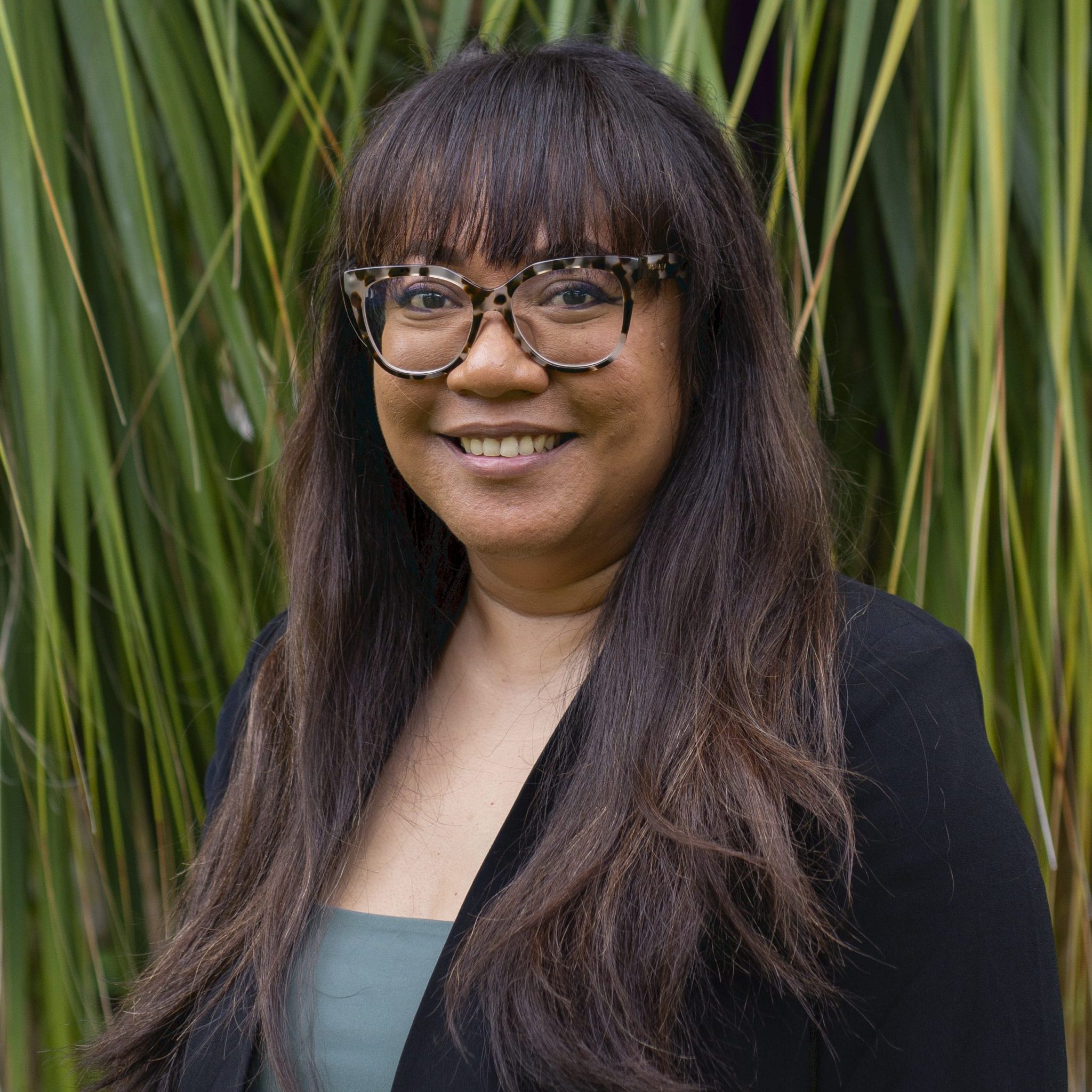Ilokano is the mother tongue of the majority of the people of the Philippines in Hawai’i, and the heritage language of most Filipinos in the United States. Thus, in recognition of the large Ilokano population in the State, the University of Hawai’i has supported the development of a full Ilokano Program that started in 1972. This move was in response to the community’s need for Ilokano language and culture-trained professionals in the areas of health, social and legal services, education, and commerce.
Ilokano has been, from its inception, one of the largest language programs in the UH Department of Indo-Pacific Languages & Literatures.
Apart from the need to fulfill the UH language requirements, its growth has also been fostered by the basic desire of students of Philippine ancestry to show pride in their Ilokano heritage, communicate with their parents and other members of the Ilokano community, and serve the Ilokanos who need help in various service areas using the Ilokano language.
Other students from the University take the Ilokano courses to fulfill their academic requirement, to pursue their interest in Philippine cultures and languages, or to gain multi-cultural competency by way of the Ilokano Program’s Indo-Pacific courses in Philippine drama, film, pop culture, and critical studies.
The University of Hawai’i has been recognized nationally as having one of the best and most extensive language programs in the United States, and Ilokano is one of the language programs that has given it prominence. Ilokano has placed the University in a unique position of being the main resource for Ilokano Studies, and the only institution in the world offering a Bachelor of Arts degree with a specialization in Ilokano, a minor, and a certificate.
For more about the Ilokano program, visit their website: http://manoa.hawaii.edu/ilokano/Home.html
Major: Bachelor of Arts in Philippine Language and Culture
The program has the following objectives: prepare students for future careers in community service and education; prepare students for advanced research and/or graduate studies in various fields in the humanities and social sciences; and ultimately, serve students of Filipino ancestry by providing them with a better understanding of Philippine culture and proficiency in a Philippine language. More details about majoring in Ilokano.
Minor in Ilokano
Students completing the program would have both oral and written competence in Ilokano as well as cultural content sufficient for use in professional careers, graduate work or research, and field work. More details about minoring in Ilokano.
Language Certificate: Ilokano
Upon completing 15 credit-hours beyond the intermediate level with a 3.0 GPA in their coursework, the student may apply for a Certificate in Ilokano. More details about language certificate.
Timpuyog Organization
Timpuyog (“togetherness”) is the organization of students enrolled in various courses offered by the Ilokano Language and Literature Program (ILLP) at UH Mānoa. These courses cover up to 400-level of Ilokano language, on Philippine critical discourses, on popular culture, on Philippine cinema, and on the translation and interpretation studies in Ilokano. More about Timpuyog.
Courses Available
ILO 101: Beginning Ilokano
ILO 102: Beginning Ilokano
ILO 486: Ilokano for the Mass Media
More details on classes in the Summer 2024 Class Availability
ILO 101: Beginning Ilokano
ILO 102: Beginning Ilokano
ILO 202: Intermediate Ilokano
ILO 302: Third-Level Ilokano
More details on classes in the Fall 2024 Class Availability
Course Catalog
ILO 101: Beginning Ilokano
ILO 102: Beginning Ilokano
ILO 107: Ilokano for Health Sciences
ILO 201: Intermediate Ilokano
ILO 202: Intermediate Ilokano
ILO 301: Third-Level Ilokano
ILO 302: Third-Level Ilokano
ILO 315: Ilokano Aural Comprehension
ILO 331: Contemporary Ilokano Literature
ILO 401: Fourth-Level Ilokano
ILO 402: Fourth-Level Ilokano
ILO 424: Introduction to Ilokano for Interpreters
ILO 425: Ilokano Interpretation Field Practicum
ILO 451: Structure of Ilokano
ILO 486: Ilokano for the Mass Media




